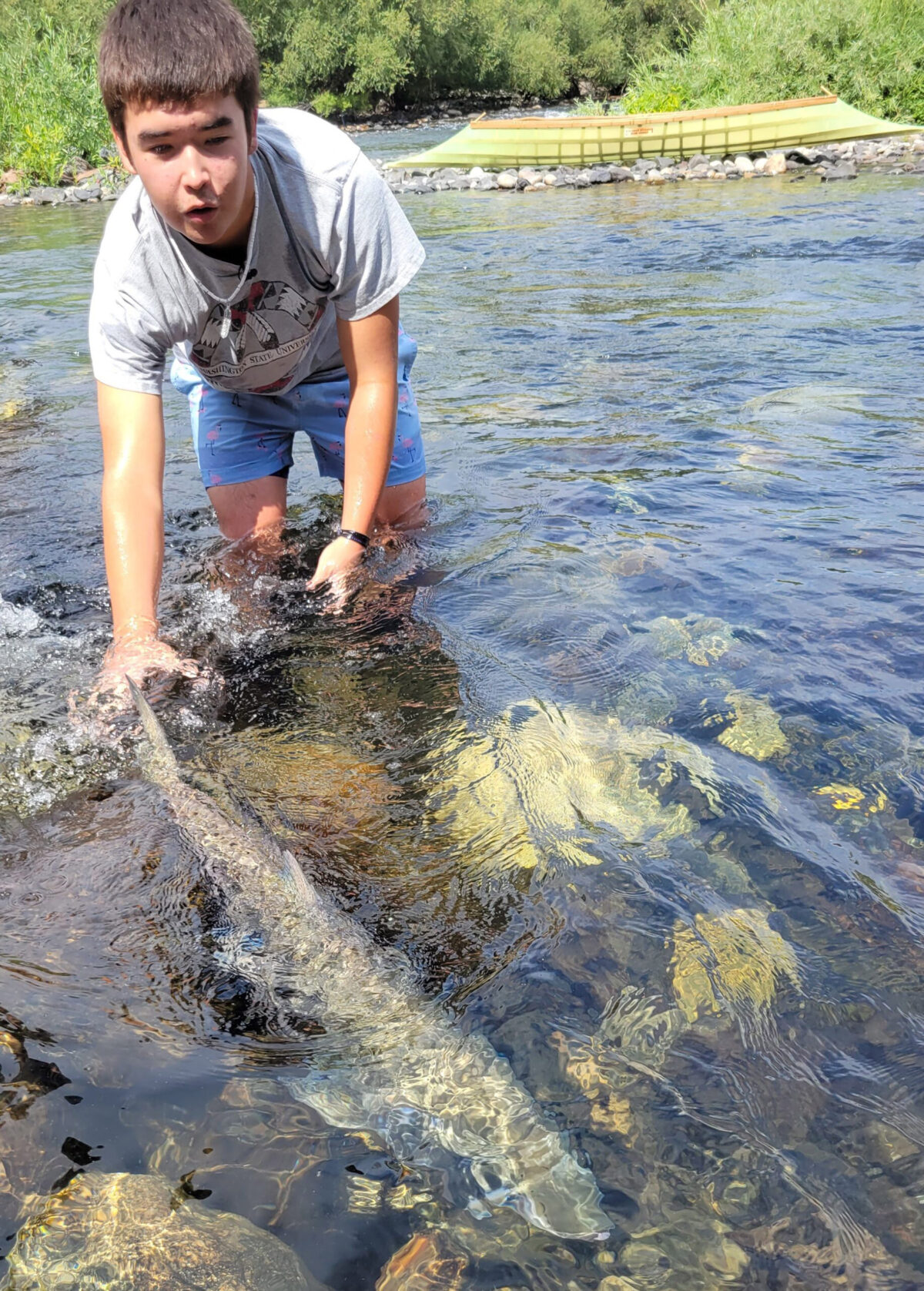Expo 50 H20 Symposium: The Forestry and Salmon Connection
Working at a watershed scale is easier said than done. Add in the unknowns of climate change, and levels of uncertainty and risk are on the rise.
Both the Spokane Tribe of Indians (STOI) and Coeur d’Alene Indian Tribe will be sharing critical watershed scale thinking and work they are engaged in. For them and others working at this scale, it’s a fearless endeavor. Thousands of years of culture are being balanced with decisions about how to build resiliency, reduce threats, or embrace climate induced changes to our ecology.
Conor Giorgi, STOI’s Anadromous Program Manager, will focus on salmon reintroduction efforts in the Spokane River Watershed. With millions of dollars of federal and state funding now committed, the generational work to reestablish salmon as part of our ecological landscape has begun. Conor will be nesting the update within the context of embracing the watershed challenge of providing salmon with the clear, cool, flowing waters necessary for these fish to flourish.
Dr. Laura Laumatia, the Coeur d’Alene Tribe’s Environmental Programs Manager, will present on landscape level forest practices. Here, the watershed challenge is tied to climate impact projections for our region that include increased occurrences of drought, loss of soil moisture, and changes in precipitation patterns, as well as continued overall decreases in snowpack.
Said Laura, “In many instances, the tools we use to assess the environmental impacts of land use actions are based on data and models developed for historic conditions. And while tribes, counties, states, and local communities are developing their emissions inventories, the biggest potential for sequestering carbon may rest with viewing forest health with a different lens. I’m hoping to initiate a conversation with policy makers about how we can broaden our definitions of forest health to better prepare for climate resilience.”
Conor and Laura agree that their work is interconnected. “Reintroduction of salmon requires watershed scale forestry and habitat projects that match the size of our vision,” said Conor. “At the Expo 100 celebration I hope they’ll be talking about how tribes, agencies, NGOs and the community writ large found novel ways to work together to invest in watershed scale innovations. Our cultures, economies and ecology are depending on us … all of us.”

